CHSS Announces Faculty Research Fellowships
Posted in: Homepage News and Events, Research

In keeping with the University’s commitment to produce and support research excellence, the College of Humanities and Social Sciences offered a new competitive program for 2022 to award grants up to $5,000 to support faculty with research needs beyond the scope of existing schemes (including start up funds, grant-funded research, conference travel, and Separately Budgeted Research awards).
We recognize that faculty who have exhausted their start up monies, work in areas in which grants are not possible or very limited, or are between projects and need to conduct pilot or scoping research face disadvantages in conducting and completing research projects. This includes field research (domestic or international), preliminary studies needed in order to refine proposals (whether for grants, book proposals, or to orient new research directions), or exceptional additional conference travel.
Congratulations to the 2020 Faculty Research Fellows!
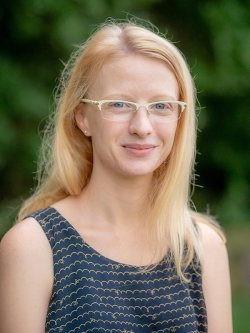
Dr. Borgerson’s research focuses on the issue of food insecurity in Madagascar. Dr. Borgerson is collaborating on her research with two national research assistants, and also hopes to train one Montclair State University undergraduate student who will work on data from this project for a co-authored publication. The primary focus of their research is on a specific type of insect, known as the Zanna tenebrosa (a tropical lantern bug), and how it can potentially be used to treat food insecurities as it contains high levels of nutrients, is inexpensive to farm, and reduces the need to hunt threatened primates. Their research will involve asking questions on insect farming practices, perceptions/use of insects as food, natural resource use, diet, health, income, and food security.
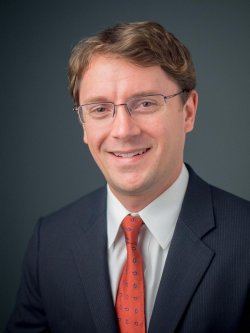
Dr. Boyle’s research focuses on enhancing services for individuals who stutter, as well as improving available resources within The Fluency Disorders Laboratory in the Communication Sciences and Disorders Department (CSD). His method of research involves purchasing and utilizing assessment materials, therapy materials, instruments, and training materials. The goal is not only to improve services for those that stutter, but also in enhancing the clinical skills and practices of those that graduate from CSD to better serve those individuals who stutter.
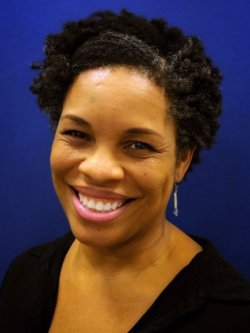
Dr. Matthew is in the process of completing her book, titled “And freedom to the Slave”, Sugar, Gender, and the Afterlives of Abolition an article for the English Ceramic Circle catalog. Her research will involve a trip to the United Kingdom where she will continue to study eighteenth and nineteenth-century ceramics, meet with curators, interview artists, and visit private collectors to learn more about these objects.
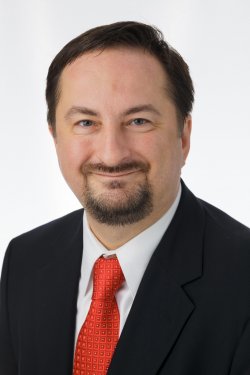
Dr. Zsolt’s research focuses on the deterioration of democracy in Hungary in an effort to better understand the de-democratization process. His research will involve traveling to Budapest, Hungary and interviewing prominent academics and politicians about Hungary’s path to illiberalism. The research will provide much needed input to the current academic and public debate on the global growth of autocratic governments and the potential dangers of democratic erosion.
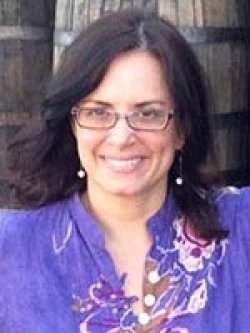
Dr. Pole’s research focuses on investigating whether behavioral changes related to food consumption triggered by the pandemic have become the “new normal”. Dr. Pole is partnering with Dr. Archana Kumar from the School of Business at Montclair State University on these research efforts. Their research looks to evaluate if/how food purchasing behaviors, food acquisitions methods, and food consumption have changed by conducting in-depth interviews and large scale surveys.
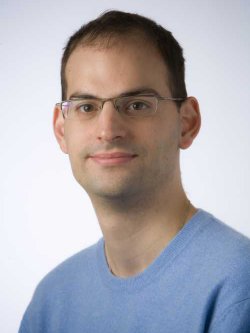
Dr. Rubin’s research focuses on studying how recent world events have affected iGen (a.k.a. Gen-Z, young people born from 1995 to 2006). His research methods involve conducting interviews and focus groups, as well as examining public opinion trends, social media memes, political statements and existing research. His goal is to use his findings to write a book that analyzes iGen’s views on social media, political discussion, the education system, our increasingly divided politics, racial relations, mental health and the future of America.
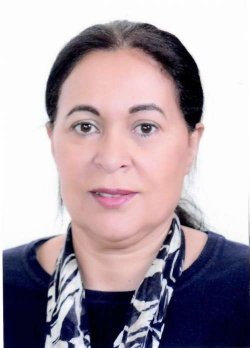
Dr. Redouane’s research focuses on investigating adult literacy programs in Morocco, specifically the impact of Moroccan adult literacy programs in fostering women participation in the society and in their families’ social welfare through the acquisition of literacy skills and basic labors; and to propose pedagogical practices and recommendations to improve adult programs in Morocco. Her research will involve traveling to Morocco and will evaluate the impact of adult literacy programs on the empowerment of Moroccan women by reviewing existing literature on adult literacy education in Morocco and by visiting “Mahw al-Omiyya” (Eradication of Illiteracy) centers to further conduct research and collect data.
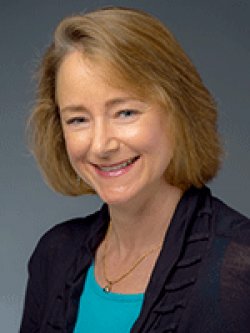
Dr. Sessa currently has two research labs with ongoing projects. The LEAD (leadership development) lab currently has two main projects: a study focusing on student leadership development from freshman year to 2 years post-graduation; and a study on using SONA participants focused on better understanding the impact of vertical and horizontal leadership on leaders, followers, and the team outcomes. The WPC (Workplace Psychological Construct) lab also currently has two main projects: a study conducting a comparative meta-analysis to determine the extent of overlap between a number of organizational level psychological constructs including Perceived Organizational Support, Organizational Identity, Organizational Commitment, and Job Embeddedness.
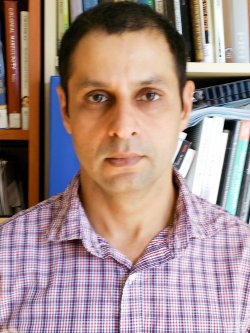
Dr. Singh’s research focuses on a machine learning project comparing the speeches of politicians, mostly current/former heads of state, in an effort to explore the rhetorical affinities, or divergences, among the speech acts of politicians of different ideological hues. His recent research has involved analyzing the texts of recent Indian prime ministers. The idea is to assess the signals that the data provides to differentiate between political leaders, and their relation to the actions they take.
